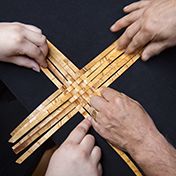
UVic to host 2018 national reconciliation forum
UVic has been selected to host the 2018 National Building Reconciliation Forum this fall. The announcement was made in November by Universities Canada at the 2017 forum in Winnipeg.

UVic has been selected to host the 2018 National Building Reconciliation Forum this fall. The announcement was made in November by Universities Canada at the 2017 forum in Winnipeg.

What's in a name? For UVic's Centre for Addictions Research of BC (CARBC), many things. Which is why it's now known as the Canadian Institute for Substance Use Research (CISUR).

The University Club is the kind of place where "everybody knows your name." The club celebrated a double anniversary in 2017—50 years since its establishment as a social club for UVic employees, and 35 years since moving to its current location on the west side of campus.
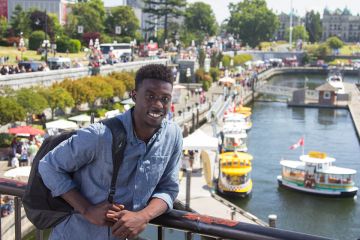
Three post-secondary institutions and three school districts in the Capital Regional District have signed a memorandum of understanding to work together to promote Victoria as an education destination for international students.

UVic is celebrating the 50th anniversary of its revered literary journal, The Malahat Review, including with a limited-edition monograph by UVic Libraries to be launched Jan. 25 and a new exhibition opening the same day. Outgoing editor John Barton says being published in The Malahat "is a rite of passage for many writers."

The first edition of The Malahat Review came off the presses the same year as Expo ’67 was in Montreal and the first moon landing was still two years away. In its 50-year run, this revered literary journal has served as a springboard for some of the most recognizable names in Canadian publishing.
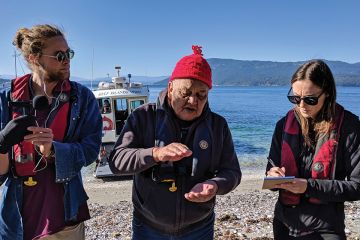
UVic anthropologist Brian Thom has long worked with Coast Salish First Nations and Parks Canada on cooperative management in the Gulf Islands National Park Reserve. Recently, Thom saw an opportunity to more fully integrate Indigenous knowledge and cultural practices into co-management efforts.
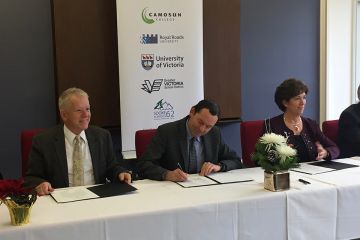
UVic, Camosun College, Royal Roads University and the three Greater Victoria school districts have joined forces to promote Victoria as an education destination for international students. Education Victoria involves recruitment activities and promotes academic cooperation and student pathways.

As 2017 swings to a close, we're looking back at 12 months of captivating stories which helped shape a year of great news about UVic people, projects, ideas, creativity and research. Here are some of the many top stories online, in print, on TV and radio, and that were talked about on campus, in Victoria's coffee shops and beyond.
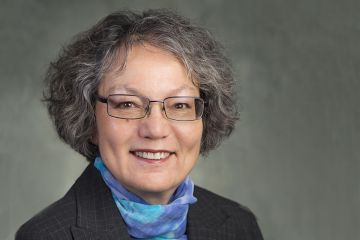
Long lineups, poor signage and garbled announcements over a loudspeaker can be a nuisance for any traveller. But for older adults, they can present significant roadblocks in their journey, whether taking a cross-country trip by train, or a bus ride to visit family. These are some of the findings in “Older Canadians on the Move,” a new report by an expert panel chaired by Neena Chappell, professor emeritus (sociology) at UVic’s Institute on Aging and Lifelong Health and released by the Council of Canadian Academies.
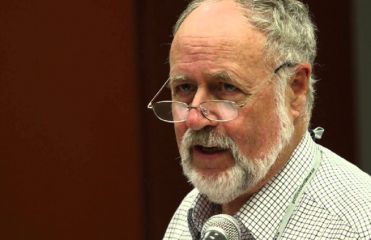
A new initiative will address the scarcity of curriculum and training for community-based research for local researchers to address pressing local issues. The first cohort of 25 learners is based in Indonesia, Italy, India and Canada.
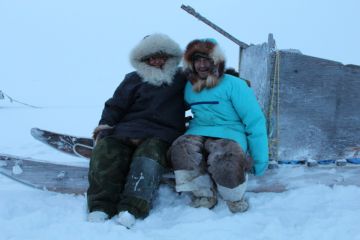
New funding for expanded community engagement in more Arctic communities will help Ocean Networks Canada (ONC) carry out the ocean science that matters most to the people who live in Canada's North.

Dec. 11 was International Mountain Day. And the media coverage was extensive for UVic's Mountain Legacy Project, which is raising the alarm about the impact of climate change on the mountain landscapes of western Canada—using repeat photography in one of the largest projects of its kind.
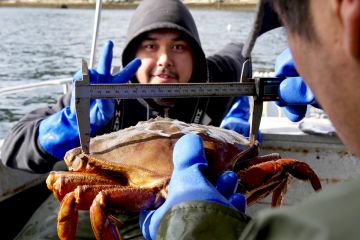
The Central Coast Indigenous Resource Alliance partnered with UVic conservation scientist Natalie Ban and colleagues on two recent publications on the status of two marine species. By interviewing Indigenous fishers, Ban and collaborators were able to fill in data gaps, with implications for research applicable to BC and elsewhere in the world.
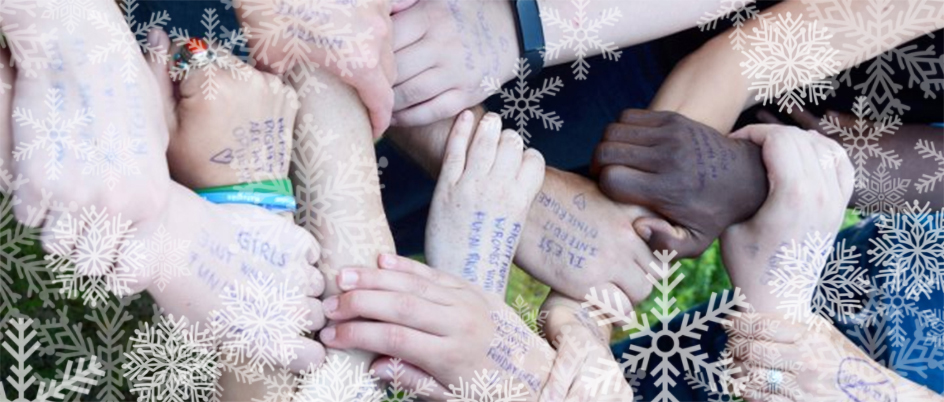
UVic launched its International Plan in October 2016. Since then, we've continued to share dozens of internationally related stories about UVic projects, partnerships, researchers, students, alumni, programs and ideas—many of which have also caught the attention of visitors to the UVic website and sparked the interest of media in 2017.
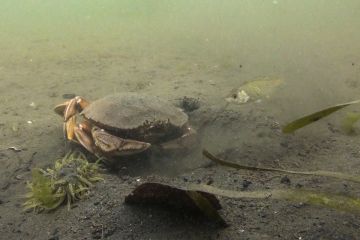
Without Indigenous knowledge, the recent findings by conservation scientist Natalie Ban and her collaborators would not carry so stark a message about two culturally and ecologically important marine species—the Dungeness crab and yelloweye rockfish of BC’s central coast.